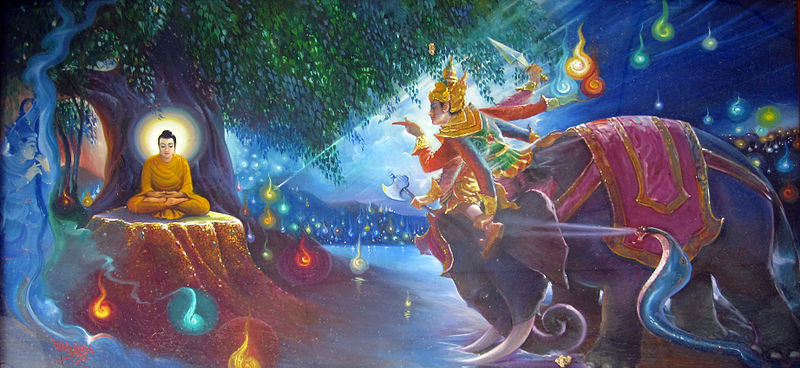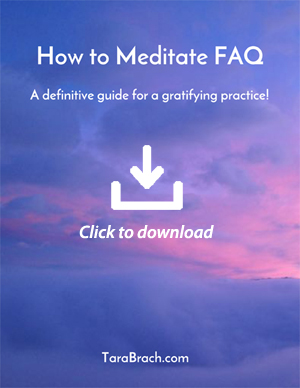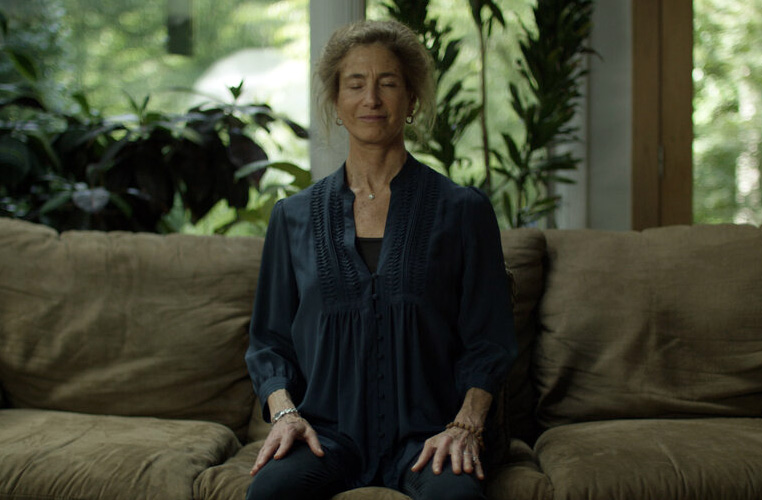This being human is a guest house.
Every morning a new arrival.
A joy, a depression, a meanness,
Some momentary awareness comes
as an unexpected visitor.
Welcome and entertain them all!…
The dark thought, the shame, the malice,
meet them at the door laughing,
and invite them in.
Be grateful for whoever comes,
because each has been sent
as a guide from beyond.
Rumi
One of my favorite stories of the Buddha shows the power of a wakeful and friendly heart. The night before his enlightenment, the Buddha fought a great battle with the Demon God Mara, who attacked the then bodhisattva Siddhartha Guatama with everything he had: lust, greed, anger, doubt, etc. Having failed, Mara left in disarray on the morning of the Buddha’s enlightenment.
Yet, it seems Mara was only temporarily discouraged. Even after the Buddha had become deeply revered throughout India, Mara continued to make unexpected appearances. The Buddha’s loyal attendant, Ananda, always on the lookout for any harm that might come to his teacher, would report with dismay that the “Evil One” had again returned.
Instead of ignoring Mara or driving him away, the Buddha would calmly acknowledge his presence, saying, “I see you, Mara.”
He would then invite him for tea and serve him as an honored guest. Offering Mara a cushion so that he could sit comfortably, the Buddha would fill two earthen cups with tea, place them on the low table between them, and only then take his own seat. Mara would stay for a while and then go, but throughout the Buddha remained free and undisturbed.
When Mara visits us, in the form of troubling emotions or fearsome stories, we can say, “I see you, Mara,” and clearly recognize the reality of craving and fear that lives in each human heart. By accepting these experiences with the warmth of compassion, we can offer Mara tea rather than fearfully driving him away. Seeing what is true, we hold what is seen with kindness. We express such wakefulness of heart each time we recognize and embrace our hurts and fears.
Our habit of being a fair weather friend to ourselves—of pushing away or ignoring whatever darkness we can—is deeply entrenched. But just as a relationship with a good friend is marked by understanding and compassion, we can learn to bring these same qualities to our own inner life.
Pema Chödron says that through spiritual practice “We are learning to make friends with ourselves, our life, at the most profound level possible.” We befriend ourselves when, rather than resisting our experience, we open our hearts and willingly invite Mara to tea.
From Radical Acceptance (2003)
For more information go to: www.tarabrach.com


